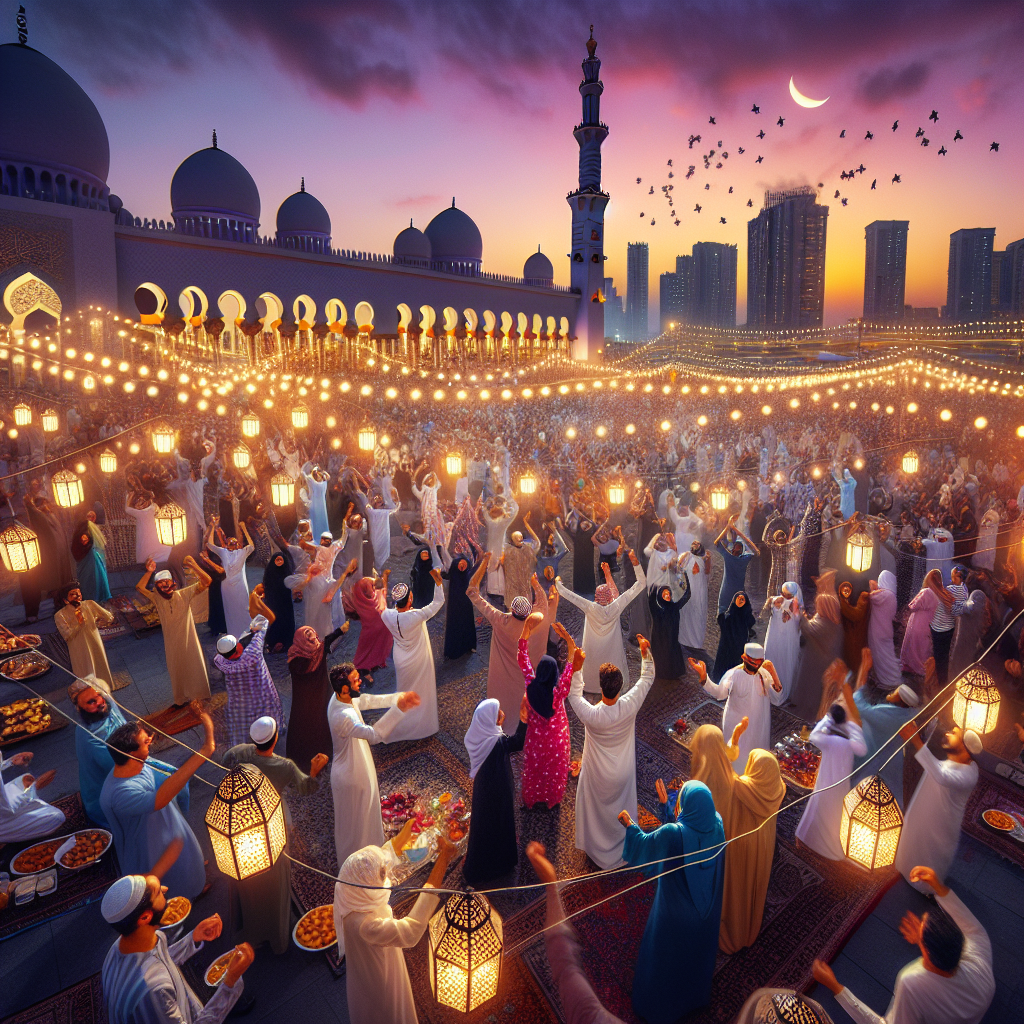Muslim Nations Celebrate the Commencement of Ramadan
Muslim Nations Celebrate the Commencement of Ramadan
A Month of Spiritual Reflection and Community
As the crescent moon marks the beginning of Ramadan, Muslim communities worldwide embark on a month-long journey of fasting, prayer, and reflection. This sacred period is not only a time for spiritual growth but also an opportunity to strengthen communal bonds and engage in acts of charity.
Key Traditions and Practices
- Fasting (Sawm): From dawn until sunset, Muslims abstain from food, drink, and other physical needs to cultivate self-discipline and empathy for the less fortunate.
- Prayer and Reflection: Increased devotion through additional prayers, including the nightly Taraweeh, and reading the Quran are central to Ramadan observance.
- Charity (Zakat and Sadaqah): Emphasizing generosity, Muslims are encouraged to give to those in need, reinforcing the values of compassion and community support.
Global Celebrations and Observances
Across the globe, diverse cultural practices enrich the Ramadan experience. From the vibrant night markets in Southeast Asia to the communal Iftar meals in the Middle East, each region brings its unique flavor to the holy month.
Challenges and Adaptations
In recent years, Muslims have adapted Ramadan practices to accommodate modern challenges, such as balancing work and fasting or observing Ramadan in non-Muslim majority countries. The COVID-19 pandemic also prompted innovative approaches to communal worship and charity, leveraging technology to maintain connections.
Conclusion
Ramadan is a profound period of spiritual renewal and community engagement for Muslims worldwide. Through fasting, prayer, and acts of charity, the holy month fosters a deeper connection to faith and humanity, transcending cultural and geographical boundaries.






































